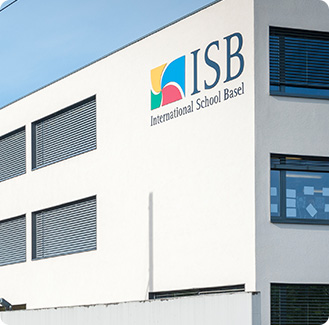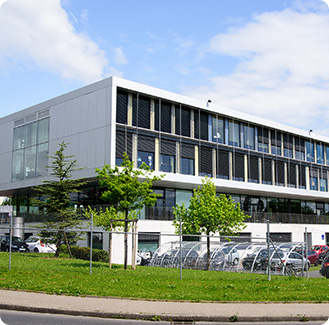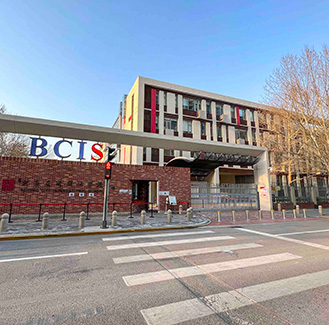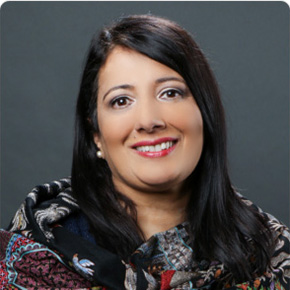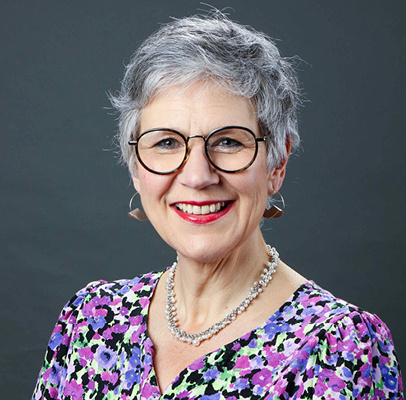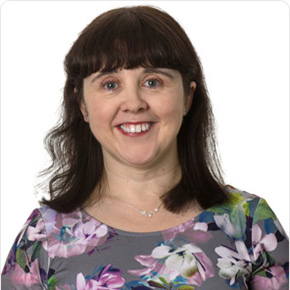About ECIS
Founded in 1965, ECIS (the Educational Collaborative for International Schools) is a non-profit, global membership organisation for internationally minded schools and partners. We are a vibrant network representing 500+ communities and 50,000+ passionate educators in 85 countries on six continents.
ECIS provides culturally sensitive professional development, led by outstanding educational facilitators, and thought leaders. Our global educational community provides access to a multitude of resources aimed at enhancing a school’s vision and mission, as well as innovative projects that can help shape and improve the future of learning.
ECIS is focused on skill development, application of understandings and creating a culture of lifelong learning. We want to ensure that all students at ECIS member schools know they can become a force for good in this world. We believe that quality education should be personalised, immersive, connected, evolutionary, and diverse.
Through the power of commonality and inclusion, we are committed to social justice and equity through diversity, inclusion, and intercultural understanding. All of our work is guided by our commitment to social justice and equity as an essential component to a meaningful and lasting international education for all students.
Read/Download our Vision and Strategy Booklet
The ECIS Code of Ethics and Standards of Professional Conduct is fundamental to our values, and therefore essential to achieving our mission to impact lives through international education. We invite you to read through our ethics booklet here.



